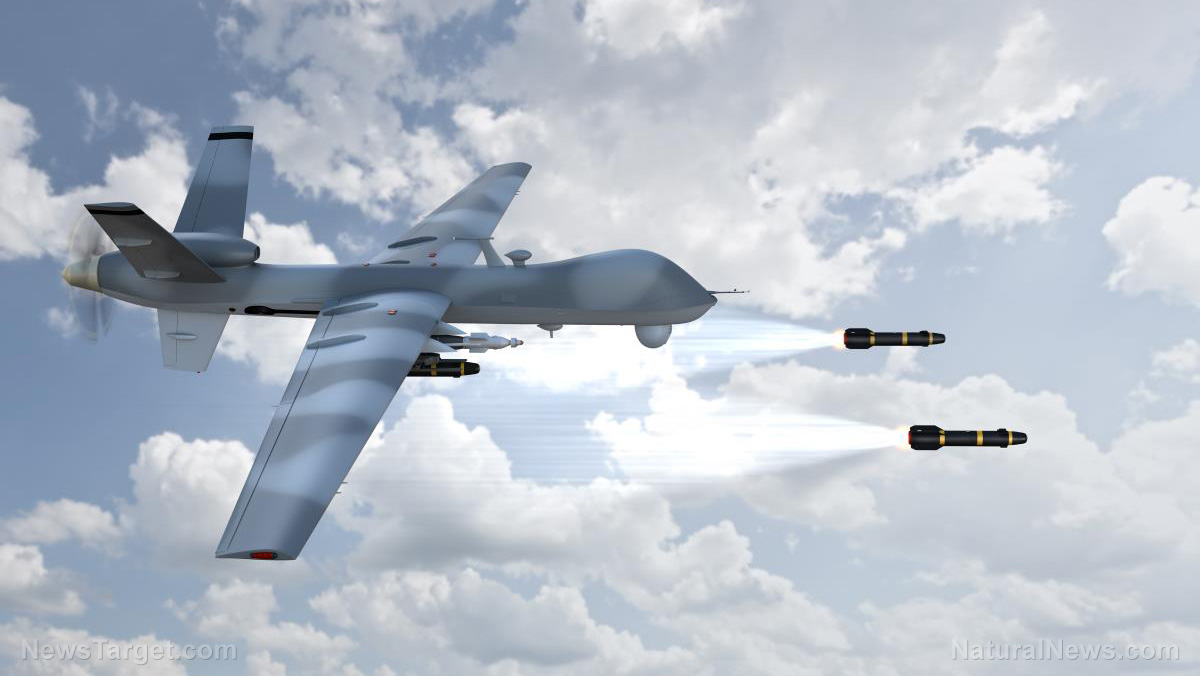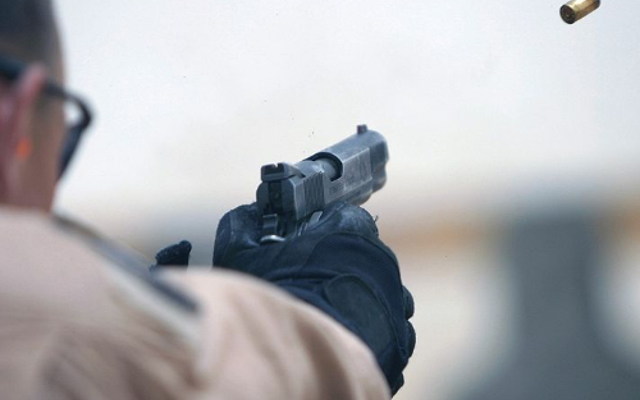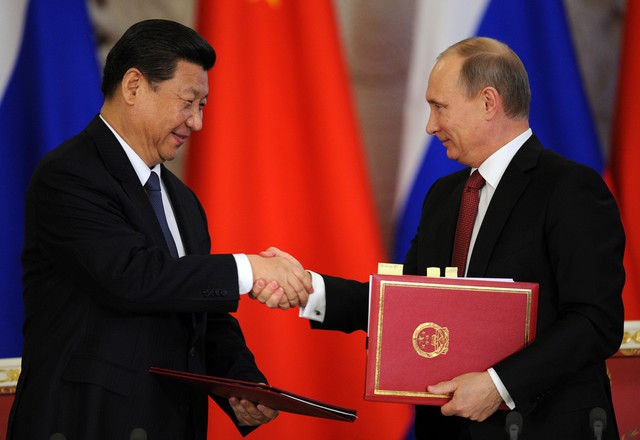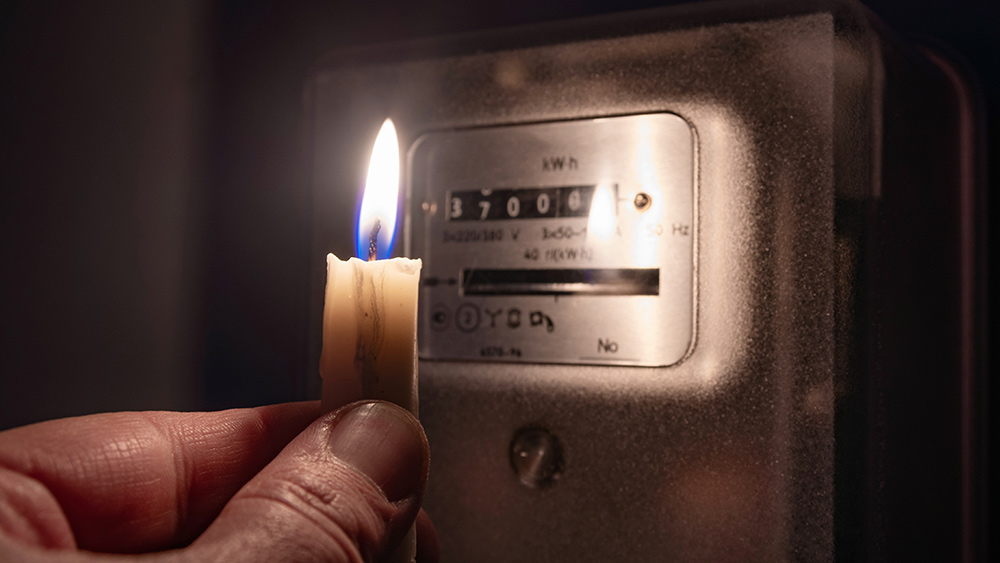Report: U.S. had indirect talks with Iran to prevent conflict escalation before Iranian president’s death
05/21/2024 / By Belle Carter
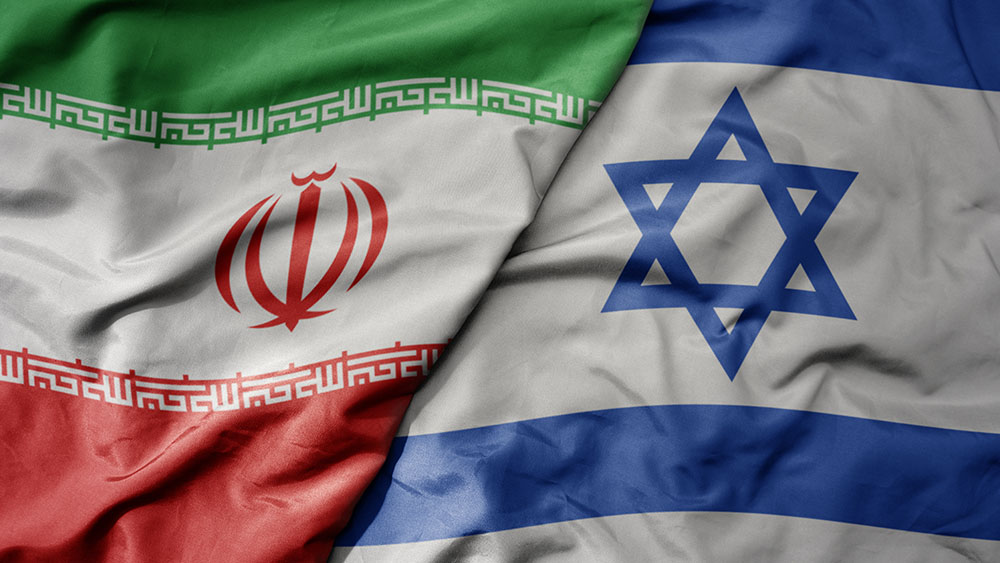
News outlet Axios reported that some senior United States officials have held indirect talks with Iran this week in Oman. They tackled the potential for escalation in the Middle East and how to avoid escalating attacks in the region.
The said dialogue reportedly included U.S. President Joe Biden’s top Middle East adviser, Brett McGurk, and the acting U.S. envoy for Iran, Abram Paley. The two arrived in Oman on May 14 and met with Omani mediators, but it was unclear who represented Iran at the talks.
As per the sources, the talks focused on clarifying the consequences of actions by Iran and its proxies in the region and discussing U.S. concerns regarding the status of Iran’s nuclear program. Several Iranian officials hinted in recent weeks about the possibility of Iran moving toward production of nuclear weapons.
This was the first round of discussions between the U.S. and Iran since January. According to Vedant Patel, the State Department’s deputy spokesperson, the Biden administration has ways to communicate with Iran when necessary.
“The Biden administration continues to assess that Iran is not currently undertaking the key activities that would be necessary to produce a testable nuclear device,” he said, adding that the U.S. doesn’t believe Iran’s supreme leader has made a decision “to resume the weaponization program that we judge Iran suspended or stopped at the end of 2003.” The White House and the State Department declined to comment on the talks in Oman. (Related: An eye for an eye: Iran warns that it will destroy Israeli nuclear facilities if its own are targeted.)
Iranian President Ebrahim Raisi dies in a helicopter crash
Under Iranian President Ebrahim Raisi and Supreme Leader Ayatollah Ali Khamenei, Iran launched hundreds of drones and ballistic missiles at Israel in response to an airstrike on an Iranian embassy in Syria that killed two Iranian generals and five officers.
Now, just a few weeks after Iran’s active retaliation against Israel’s attacks, news of the Iranian president’s passing flooded mainstream and social media. Raisi, a hardliner seen as a potential successor to Khamenei, was killed when his helicopter crashed in poor weather in the mountains near the Azerbaijan border, officials and state media said on Monday. The charred wreckage of the helicopter which crashed on Sunday, May 19, carrying Raisi, Foreign Minister Hossein Amirabdollahian and six other passengers and crew was found early on Monday, May 20, after an overnight search in blizzard conditions.
Khamenei said First Vice President Mohammad Mokhber, would take over as interim president, the official IRNA news agency reported. “I announce five days of public mourning and offer my condolences to the dear people of Iran,” Khamenei said in a statement. Mokhber, like Raisi, is seen as close to Khamenei.
The accident came on the heels of growing dissent within Iran over an array of political, social and economic crises. Iran’s clerical rulers face international pressure over Tehran’s disputed nuclear program and its deepening military ties with Russia during the war in Ukraine.
World leaders have expressed their condolences on the death of Raisi. Chinese President Xi Jinping called the death “a great loss to the Iranian people and the Chinese people have lost a good friend,” according to China’s Ministry of Foreign Affairs.
The European Council President Charles Michel shared the bloc’s “sincere condolences” for the death of the Iranian leader, Amirabollahian and the other Iranian officials who died in the crash. EU policy chief Josep Borrell also offered his condolences.
“The EU expresses its sympathies to the families of all the victims and the Iranian citizens affected,” he said in a statement.
Palestinian militant group Hamas also conveyed its deepest condolences and solidarity to Khamenei, the government and the Iranian people for “this immense loss.” It praised Raisi and Amirabollahian for supporting Palestine against Israel and expressed confidence that Iran’s “deep-rooted institutions will overcome the repercussions of this great loss.”
Russian Foreign Minister Sergey Lavrov called the two top officials “reliable friends.”
“Their role in strengthening mutually beneficial Russian-Iranian cooperation and trusting partnership is invaluable,” Lavrov said. “We sincerely extend our condolences to the families and friends of the victims, as well as to the entire friendly people of Iran. Our thoughts and hearts are with you in this sad hour.”
Read more stories about conflicts in the Middle East, Europe and other parts of the world at WWIII.news.
Watch the report below about the death of Iranian President Ebrahim Raisi.
This video is from Tommy’s Podcast channel on Brighteon.com.
More related stories:
Sources include:
Submit a correction >>
Tagged Under:
Abram Paley, Ayatollah Ali Khamenei, big government, Brett McGurk, ceasefire, Ebrahim Raisi, escalation, indirect talks, Iran, Iran-Israel conflict, Israel, Israel-Gaza war, Joe Biden, Middle East, military technology, Mohammad Reza Zahedi, national security, U.S., World War III
This article may contain statements that reflect the opinion of the author
RECENT NEWS & ARTICLES
COPYRIGHT © 2017 BIG GOVERNMENT NEWS




